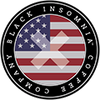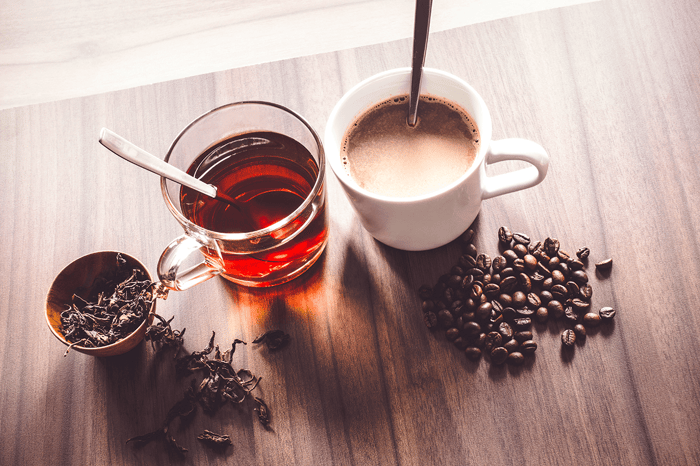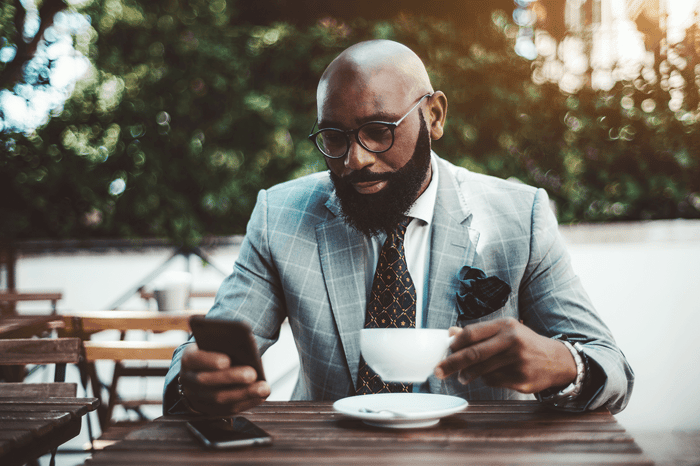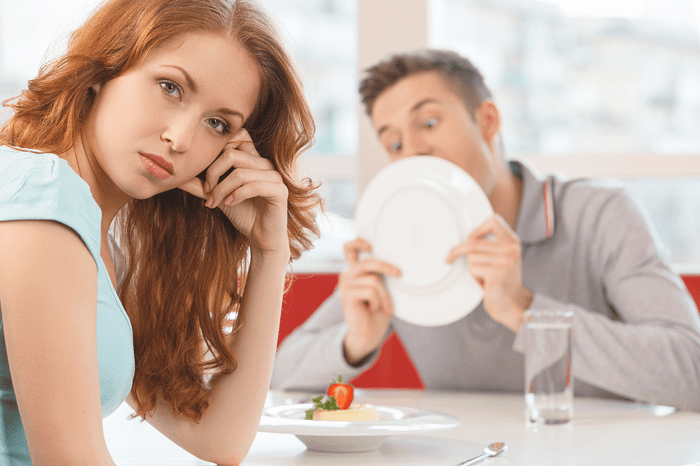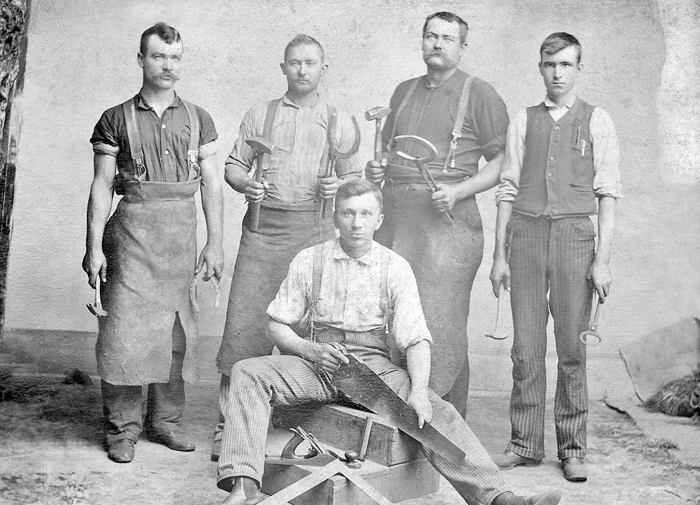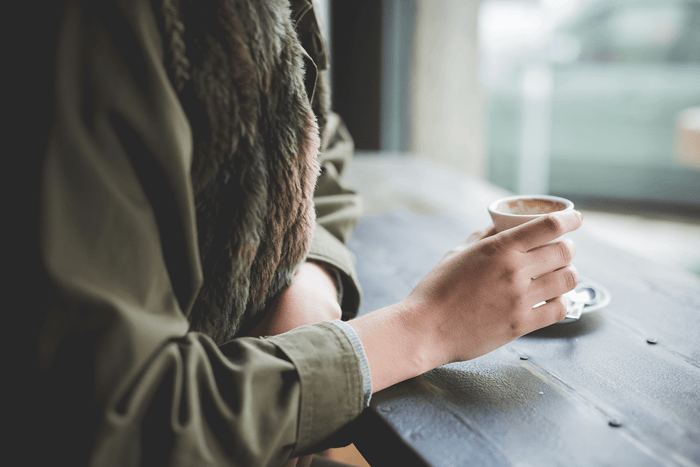Many people think that coffee has more caffeine than tea. However, this is not always the case.
Brewed coffee does have more caffeine than steeped tea, but this is because coffee is a stronger drink than tea. Tea leaves actually contain more caffeine than coffee beans.
Before brewing, that is.
The Concentration of Tea Vs Coffee
Caffeine is found in both tea and coffee—plus things like chocolate and yerba mate. Tea leaves have more caffeine than the beans of either the coffea robusta or coffea arabica plant.
After brewing, however, a cup of coffee has more caffeine than a cup of tea. The reason for this is simple: we use more coffee beans than tea leaves, and we don’t steep coffee for nearly as long as we do tea.
To see how coffee is more concentrated than steeped tea, you can just look at them.
The next time you drink a cup of coffee or a cup of tea, take note of how each appears in a white mug (or a clear cup).

The difference will be clear. Well, more opaque really. That's because brewed coffee is darker and less transparent than steeped tea. In fact, in some cases brewed coffee can look almost black.
Of course, there are many factors that can affect the color of coffee and tea, including the type of bean or leaf used, the brewing time, and if you tried to cheat at this by adding milk or creamer to one of them. I'm onto you.
But in general, if you're comparing the two, brewed coffee will look darker and more concentrated than steeped tea.
So What About Caffeine?
As a rule of thumb, coffee has roughly twice as much caffeine as tea. Caffeine levels vary a lot in both tea and coffee, though, so it's hard to give exact numbers that will be accurate without going down every single type of tea and coffee that exists.
Who's got that kind of time? Certainly not you, five screens deep into an article comparing caffeine in tea leaves vs coffee beans.
But anyway—the type of bean or leaf, the age of the plant, where it was grown, how it was processed, and how long it was brewed all affect caffeine levels. Arabica beans have less caffeine than robusta beans, for example.

Oh, hell. Let's do a quick, non-comprehensive chart of caffeine in coffee vs tea. Let's just look at it, and then we'll see how we feel.
Okay? Here goes:
- Coffee has about ~ 95 - 200 mg of caffeine
- Green Tea has about ~ 25 - 45 mg of caffeine
- Black Tea has about ~ 15 - 70 mg of caffeine
- White Tea has about ~ 5 - 60 mg of caffeine
*Notice that green tea has a higher minimum amount of caffeine, but it also has the lowest maximum caffeine.
So, if you're just looking for the strongest drink with the most caffeine, coffee is the way to go by far.
But if you want something a little more light-weight, foot-loose, and fancy-free—for some reason—then a cuppa tea might just be the better choice.
